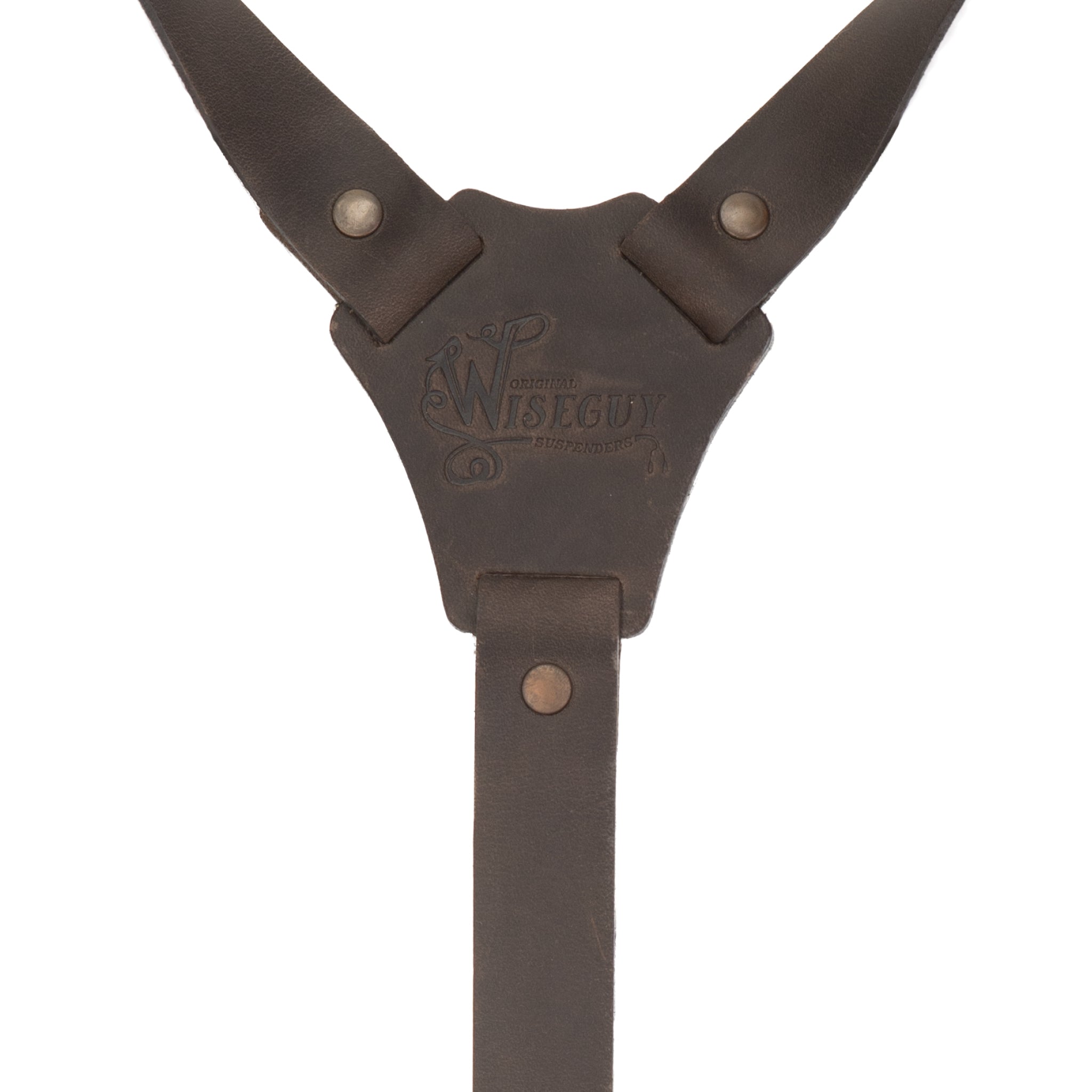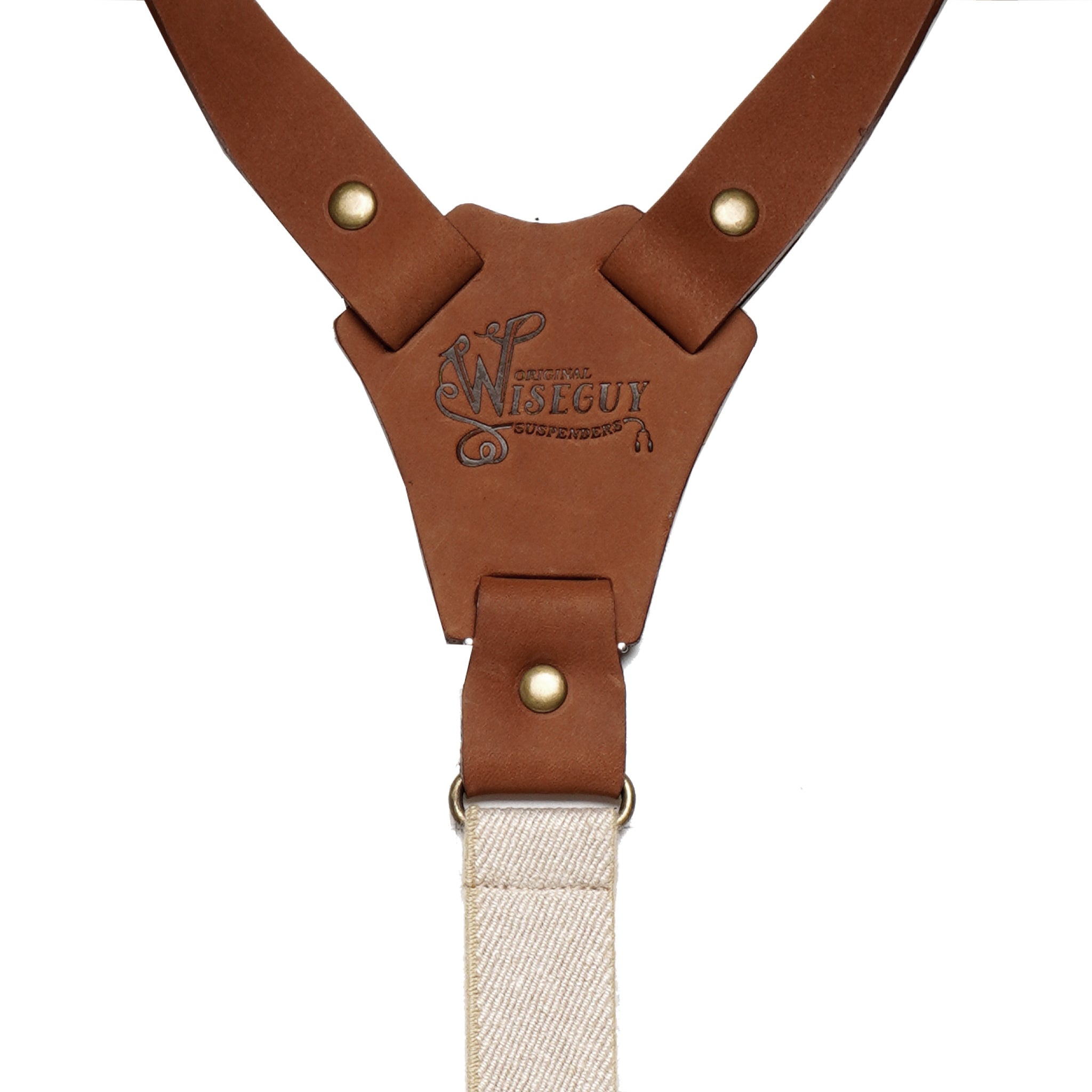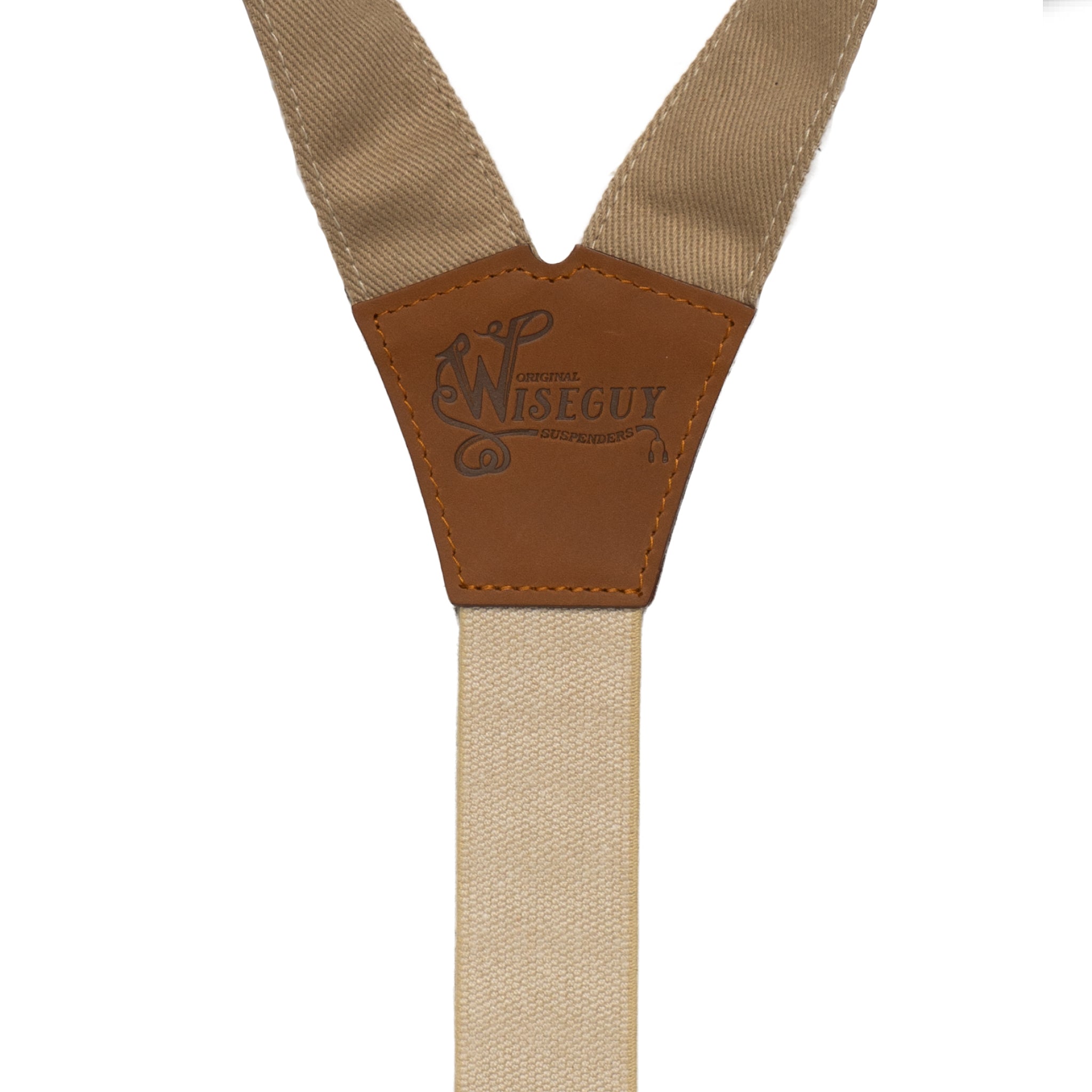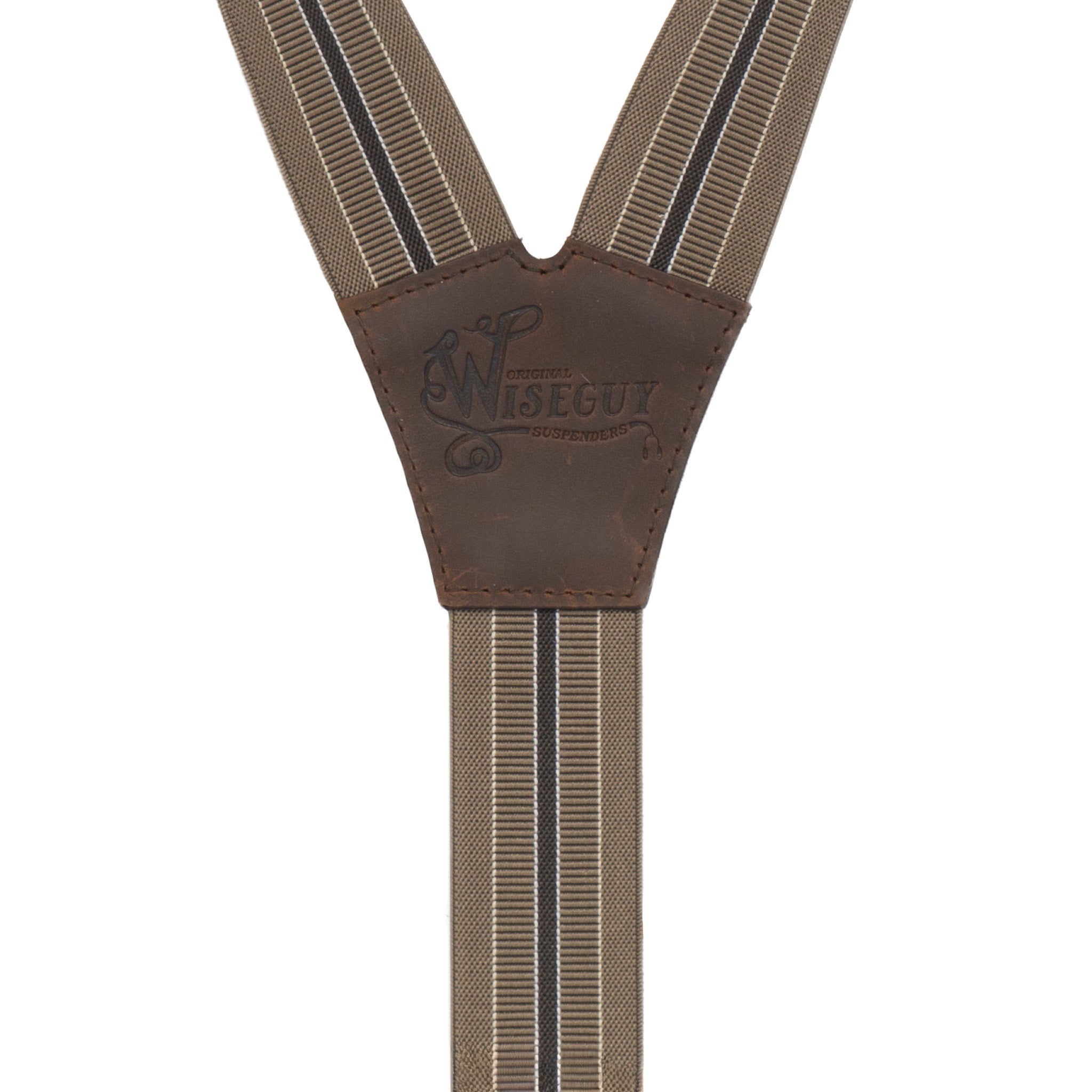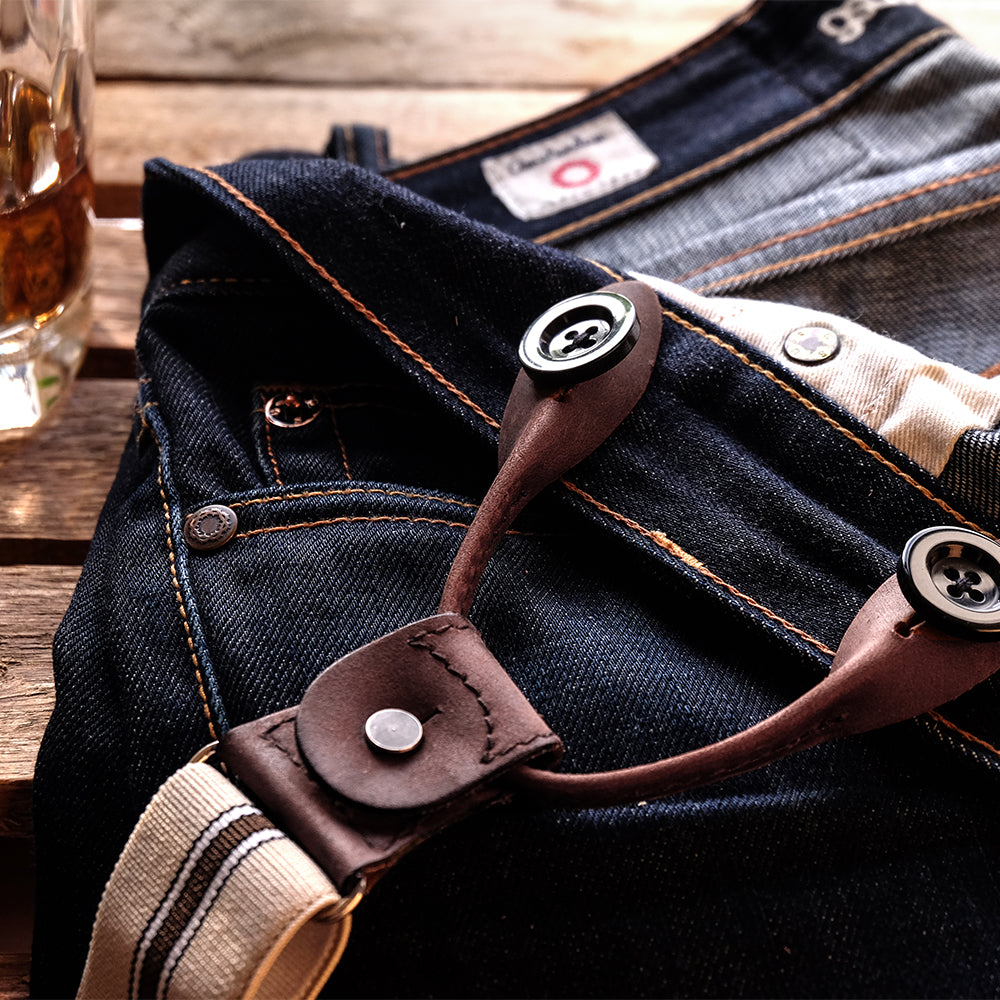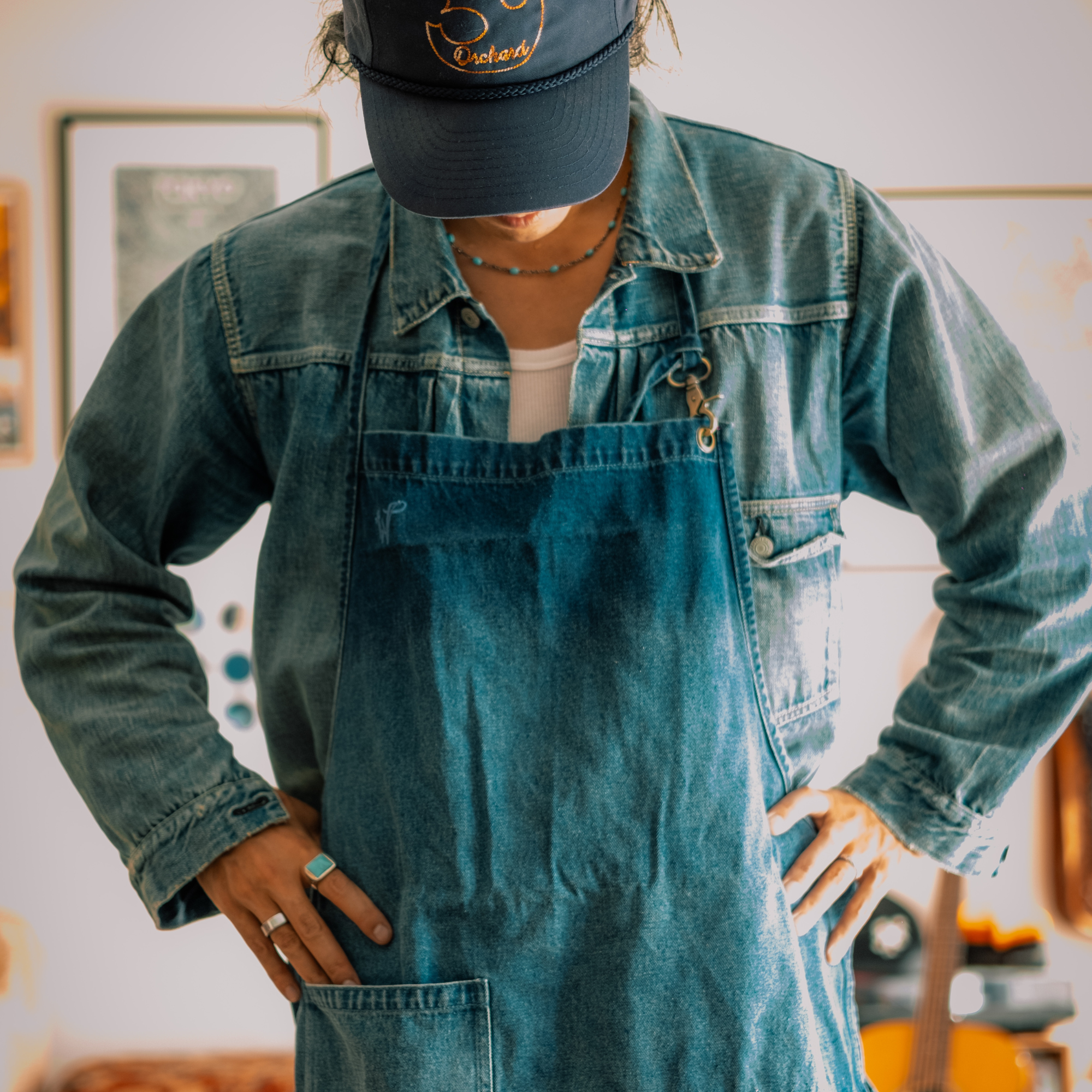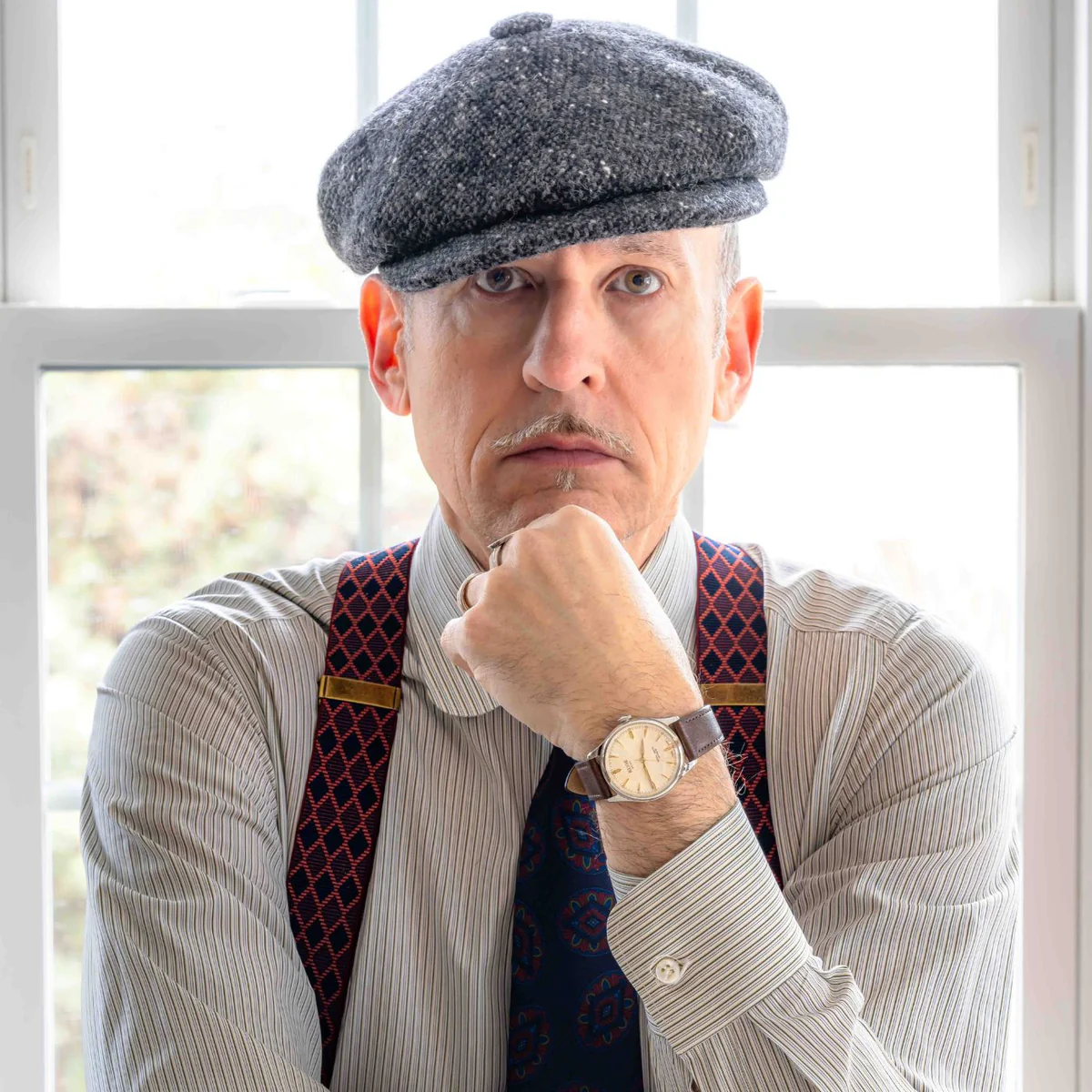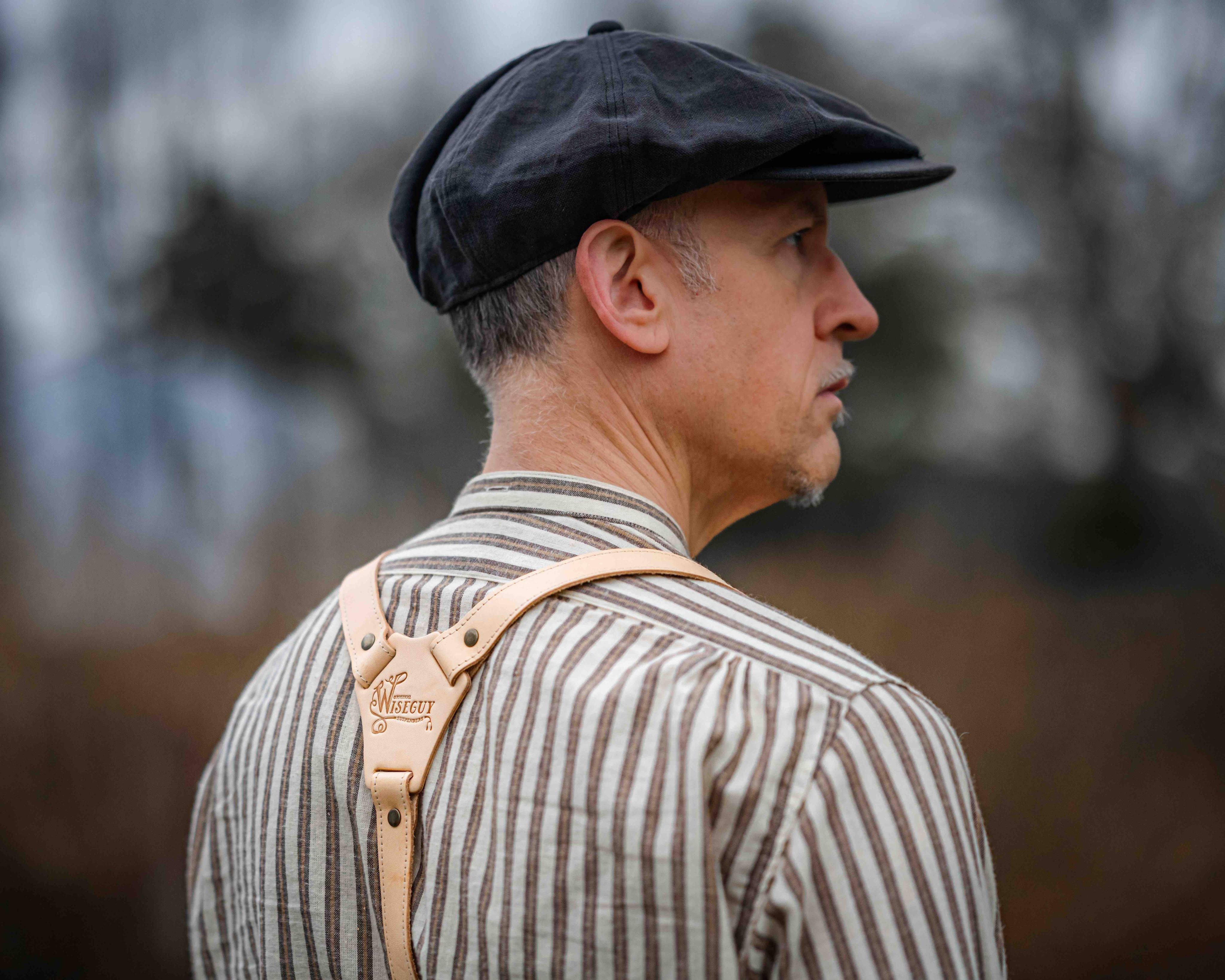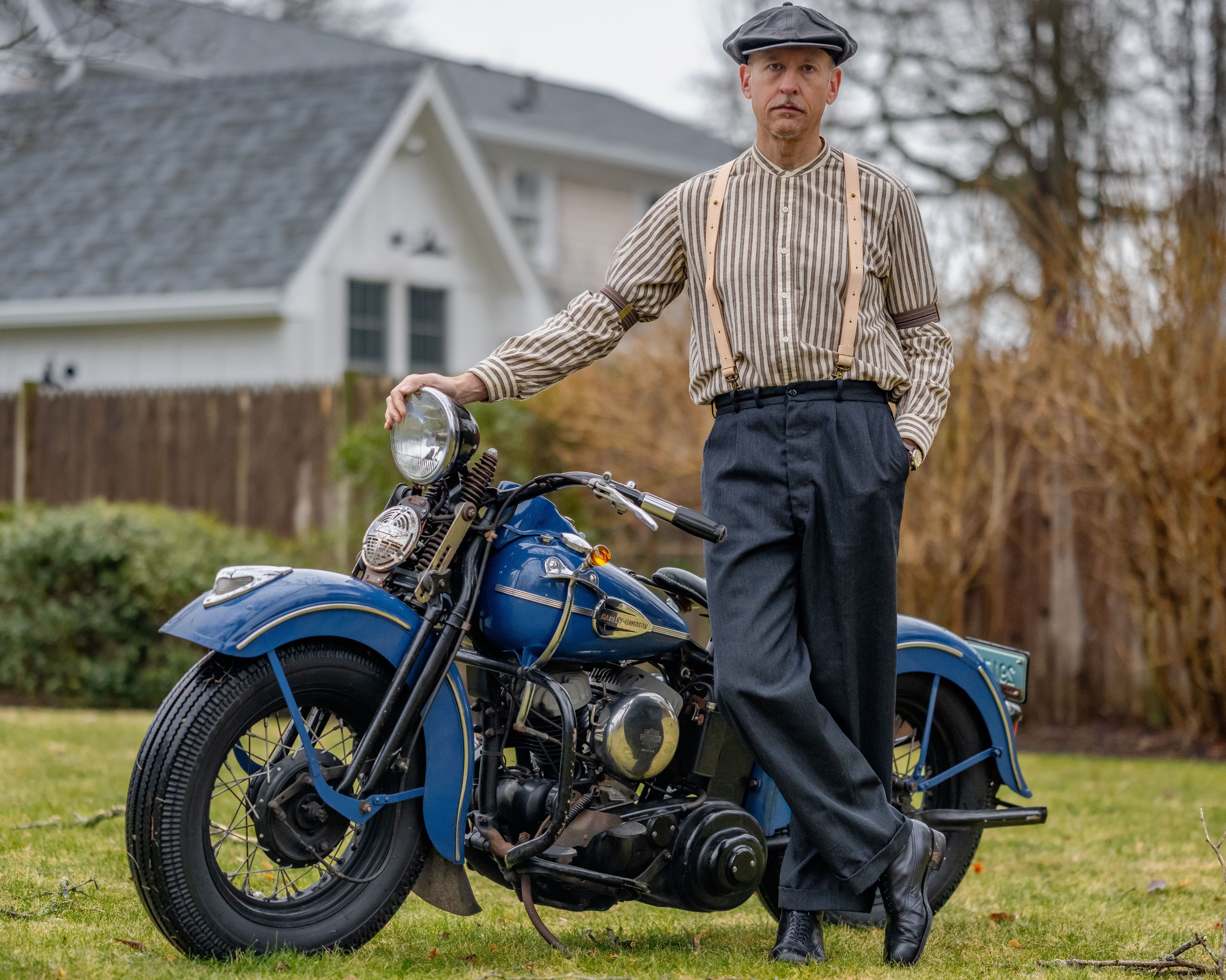Personal
Hi Alexander, tell us a bit about yourself! In broader terms, who are you? How do you define yourself behind or maybe beyond the lens?
I was raised on a one-hundred acre farm on an island in New England, where I lived with my parents and five sisters. My parents were much older than my peers’ parents: my father had been a soldier in World War II, and my mother was only slightly younger than he. Both had difficult childhoods filled with tragedy.
On that farm, we were raised as if it was still the 40s. My father was a musician, an amazing pianist, and an intellectual, who became an accountant to support his family. His music was Swing, Big Bands, Dixieland. He loved The Marx Brothers, Buster Keaton, Harold Lloyd, etc., and he found ways for us to see them, too. Some nights we would have to wait up until two or three in the morning to catch one of the Marx Brothers' movies on some random TV network, and my father would have me get up and march like a soldier around the dining room table during commercials to stay awake.
My mother had studied poetry (she met Robert Frost!), and we had bookshelves lined with books. As a child, I would wander through the book titles until I found one that called to me, and then wander off to the broad, lonely, holy, haunted fields to read.
Man wearing a shirt with light blue stripes with a dark blue tie, he is wearing suspenders and dressed up pants, and is also wearing a flat cap. He is standing in a kitchen corner with the kitchen bar on his left side. The floor is tiled and the walls are grey.
Secluded as we were, it was easy to forget that the modern world existed. And, as I found it so disorienting when I had to engage in it, I was happy to forget. We were extremely poor, and living conditions were hard, though, and though it may sound somewhat ideal and romantic, and in ways it was, it was actually fairly damaging. My parents were both damaged by The Great Depression, the war, and their own families. I believe they tried their best with us, but did a poor job, indeed.
My father’s father, Alessandro, for whom I was named, was a tailor from Italy who was brought to the USA to make uniforms for a prestigious private school. My father’s day job was also in clothing, and he wore suits nearly all the time, even at the beach. You can certainly say that clothing runs in my veins.
It was from him I learned about WWII and became fascinated by it. His old uniform and various military pieces were always around, as well as violins, banjos, ukuleles, and pianos.
I also learned about dressing well and understanding what your appearance is saying. I loved watching the tailors at my father’s company - particularly when they were measuring me for something new! I made a lot of my own clothes when I was young, as I couldn’t find much that I liked in the stores. I suppose these are the reasons I never quite fit at school. At times, I would wear a three-piece suit to school - in fifth grade. I had pictures of Groucho Marx on my bedroom wall, and could quote Byron and Keats until the cows came home.
But, for good or ill, this background made me who I am. To this day, my brain doesn’t much like the pace of modern life. That’s one reason I ride the bike I do - a 1941 Harley-Davidson WL - because you must take your time on it. Even to get it started takes time and patience. And I want to go slow.
Could you take us through a typical day in your life. What does your routine look like, what do you do outside of what we see online?
Sadly for my poor ADHD brain, there doesn’t seem to be a typical day!
I have no real set schedule, and I have difficulty planning ahead, so I meet the day with vague plans and then see what the universe has in store for me. Certainly, I wake up to see the kids off to school, fire up my moka coffee pot, and usually study for a little - a book of photography, or literature I enjoy - before usually undertaking something in photography. That may be developing film, scanning negatives, working in Lightroom, or going out to make images.
I have some work items on my schedule that I must fulfill, but around those I am feverishly at work on photography, or playing music. I travel frequently, and there are many events I go to to do more photography. These include Sons of Speed Outlaw Vintage Motorcycle Racing, which occurs in Florida and Tennessee, and the Punk in Drublic punk music festival that a favorite band, NOFX, have been staging for some time all over the country, and, indeed, the world.
I also make time to meditate, and I work out as often as I can (helps with ADHD and depression), and, of course, I spend all the time I can with my family and our dog. The days seem to pass by with an alarming and increasing speed.
Do you have any guiding principles?
I don’t know if it’s very helpful, really, but I tend to see my life through the grave. I know time is short, and I very much feel I must make everything I can from this lifetime. I know everything is temporary, so I want to experience everything a human life can offer - everything meaningful, that is.
I have never had a drop of alcohol and, aside from coffee (which I took up in Italy at 35!), I don’t take any drugs, and never have. I have never wanted anything to cloud my direct experience of meeting life, and that has always guided me well.
Photography/ Video & Art
What sparked your interest in photography & video? What is it about photography & video that resonates with you?
Photography has been with me since I was a young boy. I can’t remember a time without it. I built a darkroom for myself in the family bathroom at a very young age and began to process my own film and prints. For some reason, I felt compelled to document the life I was living, and the people and environment I was living it in.
I felt temporary and transient, and life itself felt transient, and I think I was merely trying to set something down that would someday say, “We were here; we existed”.
I also consider photography a kind of magic. We take it for granted now, but there was a time when the idea that you could use the light in the world to permanently make a record of a scene seemed like science fiction.
And yet, photography is happening all round us, through any limited aperture that light comes through. Have you had the window-shade down and observed the movement of the images from outside as they make their way, upside-down and backwards, across your wall or ceiling? If you have, then you have yourself been inside of a camera. One of my heroes in photography, and the man responsible for me going to art school, Abelardo Morell, has an excellent series of photographs called “A Camera in a Room”, where he literally transforms rooms into giant camera obscuras. It’s amazing work that he continues to expand. Abe helped me see more of the mystical in photography, and I owe him so much.
Lastly, I always felt that photography had a proximity I felt was important. For the most part (not counting AI images), in order to photograph something or someone or someplace, one had to actually be there, actually stand before it, and actually witness it. Certainly the photographer’s mind shapes the image and makes what it wishes, but I love being in contact with the people or moving through the environments I photograph.
Can you share a bit about your experience with analog photography?
Analog photography is where I am most comfortable and find the most expression. I love the quality of the image from film - I love the grain, the odd defects, and the random artifacts that occur when you make an exposure. I believe that those elements are the work of the spirit, or of the universe, poking its head in to contribute to the work. I also very much enjoy not knowing what you’ve got until you develop the negatives and prints. The “reveal” can be very exciting.
I earned a Bachelor of Fine Arts degree, specializing in photography, from the Massachusetts College of Art.
When observing a scene or image, what particular elements captivate your focus?
Something has to be wrong, or just slightly off. I, myself, am aware that I also am off, not right, defective, and broken. My world is uncommon, and I see differently than most people, and seem to value things that other people don’t. So, I gravitate toward things that populate my inner world: barrenness, solitude, slowness, beauty (as I perceive it), angels, devils, symmetry, vastness, and a sense of being somewhat lost in time. It is much too grand to say, I’m sure, but I am out looking for the proof of the ultimate oneness of the eternal that I feel I have been separated from, or for God, I suppose. I am aware I have not achieved that in my images, sadly, but it is the music playing in the background as I work. I don’t post as much of this artwork on my Instagram - they tend to fall a little flat as most people are there for the bike!
Let's talk self-portraits. What draws you to putting yourself in the frame?
Most artists use themselves as a subject at times, and many do frequently. I always have, as a method of trying to figure out who I am, and in a vain attempt to show others who I feel I am since I feel I am frequently misunderstood.
However, the pictures that most people associate with me - the ones from Instagram, usually featuring me and my motorcycle - happened organically from circumstances. You see, ages ago I had no prospects, and by a series of tragic occurrences, I began to make my living with another of my passions: fencing.
This business of coaching began small enough, with my intention to work at it sometimes, but really to continue focusing on my art and music. But it very quickly blossomed into quite a successful enterprise, and it still continues, twenty-five years later. As a coach, I was extremely busy, and, thankfully, very successful, and I was on the road - across the USA and around the world - just about every weekend, and sometimes for months.
Then, I married and we had two children. Between running the business, coaching, and raising our family, I had no time to build a darkroom. So, photography stopped.
A few years ago, my children now close to finishing high school, I finally came up for air - but photography had gone digital! I bought a digital camera, but I had no idea of how to make an exposure. I needed practice, so I would throw my new camera in a backpack, get dressed, and jump on my bike. I would always end up somewhere lovely, so I would take the camera and use myself and my motorcycle for practice, learning to expose and finish in Lightroom.
A short time later, I began to imitate the historical images I loved of early American motorcycling. Of course, the history of motorcycling is all about the fashion!
I would find an image I liked, try to put the outfit together as best I could, and then find a location that somewhat matched. I would recreate the angle, the position of the bike and rider, the time of day. My skills improved, and eventually I just ran with it, making my own versions of historic motorcycle photography.
It’s fitting, because I am a man out of time. Always have been. The pictures I make now are not recreations, but images of myself where I am now.
How do your other interests and inspirations seep into your creative process?
I have never seen any aspect of creativity as separate. Everything I do, including coaching, is all part of one enormous art project, in my mind. Since they are all drawn from the same well, there is content overlap and intermingling of my various interests.
In what ways are art and style connected to you?
I think art and style have always been connected. Before I knew about the great art photographers, I was (and still am) fascinated by fashion photography. My earliest inspirations were photographs by artists like Alfred Cheney Johnston or Robert Doisneau, who had elements of fashion, and I love the work of Anton Corbijn. I am eager to work more in fashion photography and music photography.
Style
Reflecting on the years, how has your style evolved throughout the various chapters of your life?
While my styles have changed, I believe my fascination has stayed the same. So, even though I now have more access to the clothing I like, because of my improved financial situation, I’m still the same kid who looks at clothing like costume. I remember when I was very young, my mother told me two things that stuck: that I tend to wear costumes, not clothes, and that if you want to know which fashion will be the next craze, you only have to see what I’m wearing now!
Now, even though I think of clothing that way, I hope I haven’t given the impression I treat it shallowly or lightly. I’m extremely serious about clothes, and they give me a great deal of comfort and satisfaction.
Certainly, I had my share of velour shirts in the 70s, and, at the end of that decade, I discovered punk rock and dressed in that vein through the late 90s. Punk rock had it all: fashion and the rage of the outcasts like myself. In fact, I consider much of my current clothing to have elements of punk rock in them to this very day.
Could you share some of your style inspirations?
I’m fascinated by the era of motorcycling leading up to WWII and just after, and the fashions that went along with it. I’m also fascinated by the fashion of the US soldiers of WWII. I believe we live many lifetimes, and they sometimes bleed through to our current one, and I sometimes feel drawn to some vaguely historical look for reasons I can’t quite articulate.
When selecting an outfit, what kind of impression do you aim to create?
Now that I’m in my middle 50s, I suppose I like to dress in a way that feels dignified and classic, without ever sacrificing the playful nature of fashion.
Clothing and accessories – what qualities make an item appealing to you? Do you have any style principles that you swear by?
Usually I’m responding to an image that’s appeared in my mind’s eye, and I’m trying to recreate it. Certainly high quality is very important to me, as well as the scarcity of an item - I like to wear things I probably won’t see on many other people.
As far as style principles, I just feel like one should appear balanced from head-to-toe, and finished with a hat or scarf. I also use the famous “when you’re about to leave the house, turn and look at yourself in the mirror and take one thing off” advice. They claim it was Chanel who said it, but I’m not sure that’s true. It’s a good policy, regardless!
Do you have any evergreen pieces of clothing or accessories? Any items you wouldn’t want to be seen without?
Maybe it’s the punk rock or the motorcycles, but I feel a black leather motorcycle jacket is an absolute necessity. Looks great with a t-shirt, and even better with a shirt and tie!
What inspired your choice of vintage clothing?
Hunting through thrift stores and vintage shops was a necessity for a fashion-hungry, poor farm kid. They were also places of refuge for me, as the owners tended to be kindred spirits. They were a quiet place in a loud world, and still are. I want my clothing to be made by craftspeople who love what they make.

Bikes
When did your fascination with bikes begin?
Very young! My father forbade me to ride motorcycles, which meant I did. Fortunately, that great big farm I lived on allowed my to keep bikes secretly stashed in horse barns and I could tinker or rip around all day when my father was at work.
He told me he had seen too many of his friends killed on bikes in the war. I assume they were on the Harley-Davidson WLAs. It is somewhat ironic that the motorcycle I love the most is my Harley-Davidson WL from 1941, almost the same exact bike to those in the war. Sorry, dad!
Harley Davidson – what's the allure of those roaring engines and the iconic brand for you?
For me, the Harley-Davidson image is that of early 20th century American motorcycling. I don’t tend to think too much of the modern culture - though I own several modern Harleys. Funny though, it feels to me that Harley has done a pretty good job keeping that original DNA in their modern bikes.
What emotions do bikes stir in you? Are there any particular feelings that you’re chasing?
I am only ever chasing feelings! It sounds cliché, but anyone who rides will tell you that there comes a time in a long journey where bike and rider almost become one, and you hit the flow state. The bike responds almost to your thoughts, and your body drinks in the air like it’s permeable. At night, the stars shine over your head in the blackness as you fly along the road, surrounded by the smells of the earth, and you feel so free that you lose sight of yourself as a separate entity, and a kind of ecstatic joy can overtake you. Almost every motorcyclist knows this, so, if you’re ever blue, hang out with motorcycle people and your faith in humanity will return.
Can you share a memorable biking experience or a favorite route that has left a lasting impression on you?
So many! There are two that feel the same and left me deeply in awe. Once, I was on an island in Narraganset Bay called Prudence, and I was riding a small, dirt road as the night began to fall. Suddenly, in the slanted sunset light, I caught two enormous flashes of red out of the corner of my eye, and saw that two huge bucks had easily leapt the tall fence (most of the island is a preserve), and they bounded along beside me, leaping great leaps higher than my head. They struck me as god-like, otherworldly. Peaceful and glorious. They were so majestic. They kept pace with me a spell before they bounded off into the woods.
Another time I was riding in the Pacific Northwest on a winding and hilly road. It was belting rain, but it was mild enough. There was a pine forest all around me, but suddenly I came even with train tracks and with a freight train running fast on them. The train carried on straight as I went up and down hills and around twists and turns, but we kept fairly even for what felt like miles. I loved that mad race through the verdant forests.

